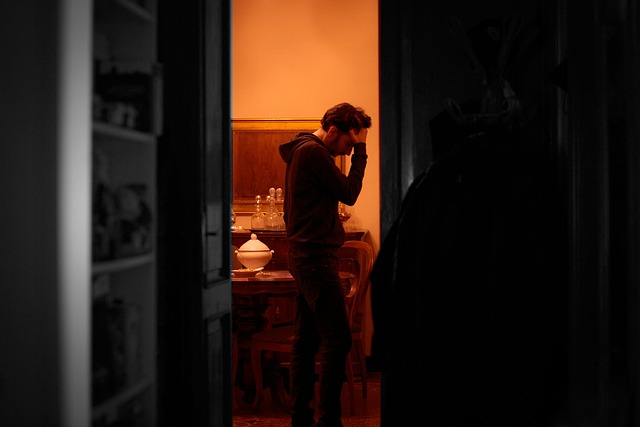
People often confuse social anxiety with shyness or introversion, but social anxiety, also called social phobia, is a mental health condition that often requires professional treatment.
Social anxiety involves extreme and persistent feelings of worry, nervousness, and dread. These feelings show up in social situations, or at the mere thought of social situations.
More specifically, you might:
- fixate on how others perceive you
- believe you’ll do something to embarrass yourself
- feel very self-conscious around others
- assume people will reject or laugh at you when you try to make friends
- notice physical symptoms of anxiety in social settings
- avoid most situations involving anyone beyond a few trusted loved ones
If you’ve noticed any of these key signs, you might start to wonder whether working with a therapist could help.
Therapy can absolutely have benefits for social anxiety. The most effective treatment approach often depends on your unique symptoms and therapy needs, but cognitive behavioral therapy (CBT) is one common approach known to make a difference.
CBT teaches you to identify specific thoughts, emotions, and behaviors fueling your distress. From there, you can begin to explore these feelings and reframe them into more helpful beliefs.
To put it very simply, social anxiety involves a desire for acceptance. You want others to like you and leave your interactions with a positive impression of you. At the same time, you hold a deep conviction you’ll do something to embarrass yourself, drawing negative attention and criticism instead.
As a result, you avoid those very interactions or, when that’s not possible, find yourself fixating on what people are thinking and how they really feel about you. These anxious thoughts can prompt sweating, blushing, and nausea or dizziness. You might have trouble making eye contact or speaking loud enough for others to hear.
Any situation that involves other people can become anxiety-provoking: purchasing groceries, asking for directions, or calling your landlord about a leak under the bathroom sink.
CBT for social anxiety aims to help you examine and change the behaviors driving the avoidance, self-consciousness, and physical symptoms you experience.
More specifically, CBT can help you learn to recognize distorted thought patterns and reframe them more realistically.
- “I look so awkward” might become “Well, hardly anyone else dressed up, but that’s OK — I do look very nice.”
- “Everyone’s waiting for me to mess up” might become “People seem really attentive. I’m glad I worked …….
Source: https://www.healthline.com/health/anxiety/social-anxiety-disorder-cognitive-behavioral-therapy




